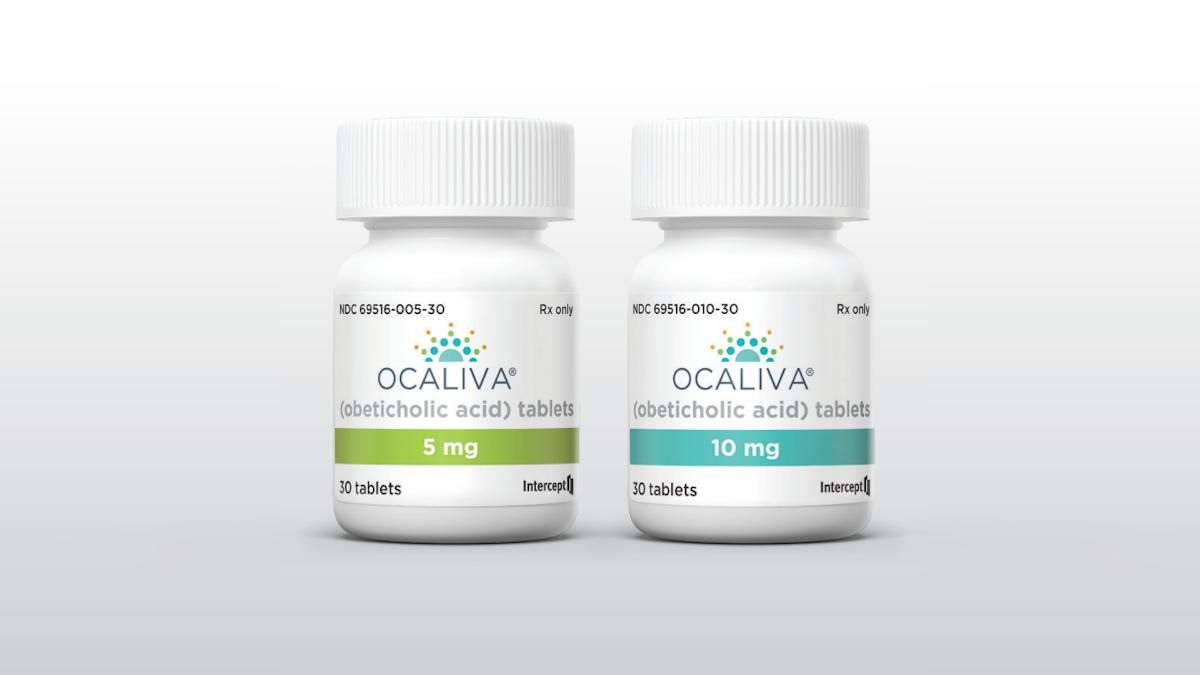EU kicks off review of GSK's linerixibat in PBC

The EMA has started a review of GSK's treatment candidate for primary biliary cholangitis (PBC), linerixibat, offering hope to patients of an effective treatment for the relentless itching caused by the autoimmune liver disease.
The marketing application comes on the back of the GLISTEN trial of linerixibat, an oral ileal bile acid transporter (IBAT) inhibitor, and keeps GSK ahead of its closest competitor, Mirum Pharma, whose oral IBAT inhibitor volixibat remains in late-stage clinical testing.
GLISTEN involved 238 patients with documented PBC and moderate to severe itching, with linerixibat compared to placebo over 24 weeks and the primary endpoint the change from baseline in monthly itch score.
Results reported at the European Association for the Study of the Liver (EASL) conference last month showed that linerixibat users recorded an average placebo-adjusted improvement of 0.72 points on a 10-point itch scale for the worst itch, measured using the WI-NRS scale, with significant improvements seen within the first two weeks.
"The EMA acceptance of this file marks another significant step forward in the progress of linerixibat," said Kaivan Khavandi, GSK's head of respiratory, immunology, and inflammation R&D.
Linerixibat has also been filed in the US, with the FDA starting its review earlier this month and an action date of 24th March next year, but has not yet been approved anywhere in the world.
"We believe linerixibat has the potential to bring relief to patients living with relentless itch associated with PBC, a condition that often disrupts sleep, and for which there are currently few effective treatment options available," added Khavandi.
Treatment options for PBC have expanded of late, with FDA approvals last year for Ipsen/Genfit's dual PPAR alpha/delta agonist Iqirvo (elafibranor) and Gilead Sciences' Livdelzi (seladelpar). The two drugs joined Intercept Pharma's Ocaliva (obeticholic acid) as second-line options after the standard first-line treatment for PBC, ursodeoxycholic acid (UDCA).
Those therapies are targeted at delaying the progression of PBC, however, rather than focusing specifically on symptoms.
According to GSK, the number of patients with the disease is expected to reach 510,000 worldwide by the end of the decade. Of these, around 240,000 will experience relentless itch requiring treatment, it predicts.
Mirum said recently it expects to complete enrolment in its VANTAGE study of volixibat in PBC next year, giving GSK first-mover advantage if linerixibat gets approved for marketing. However, analysts at Morgan Stanley have said that they think Mirum's drug may have an efficacy edge over linerixibat based on phase 2b data on itch reduction.
Photo by Venti Views on Unsplash












